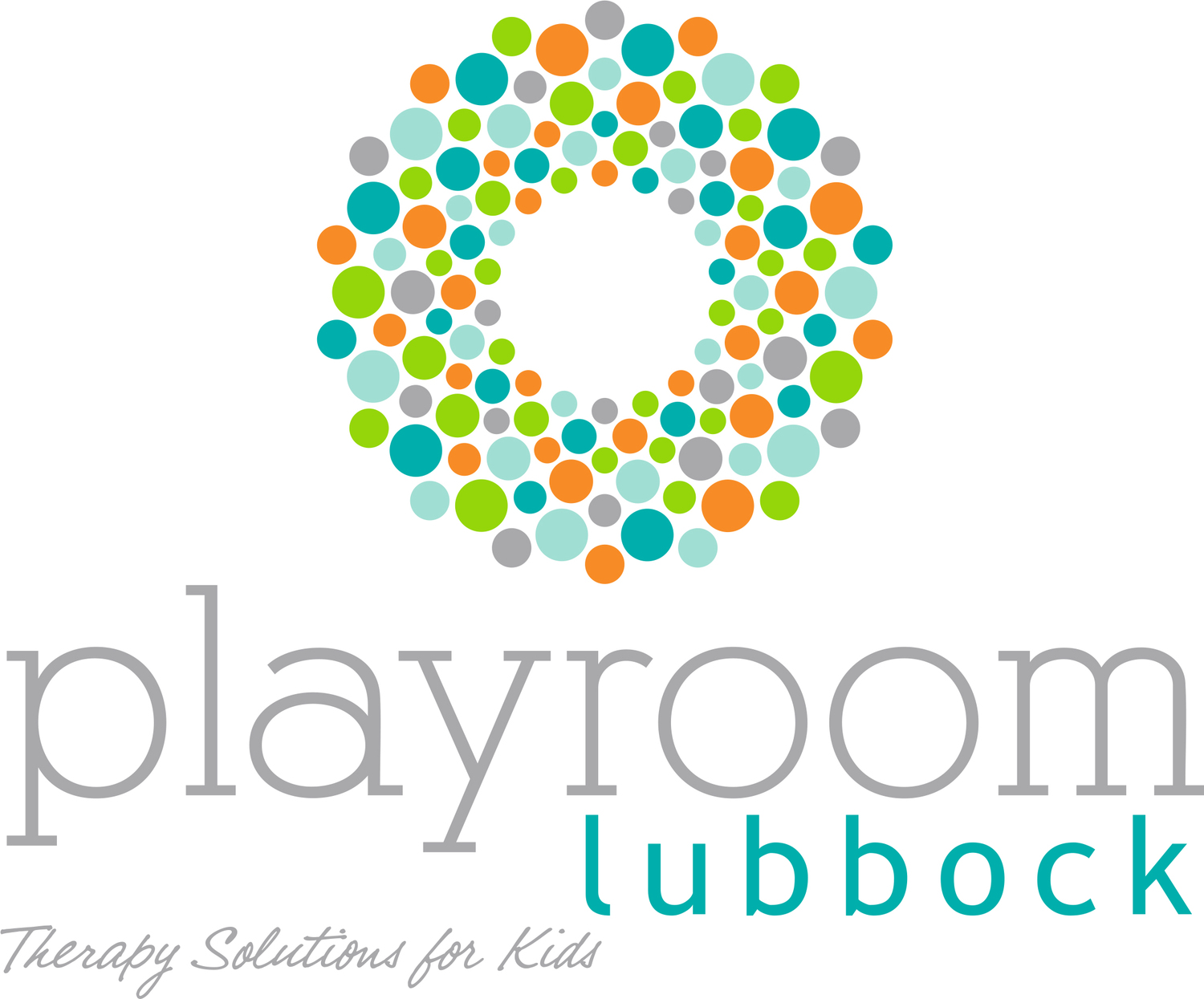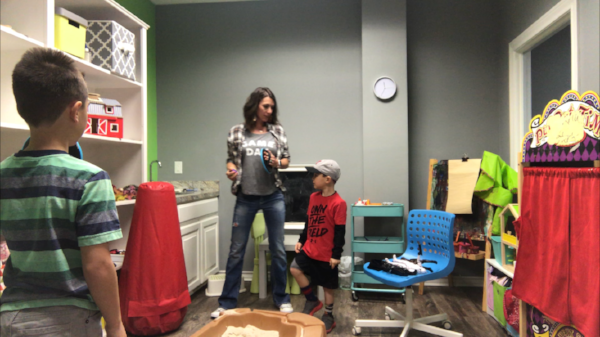In Child Centered Group Play Therapy, a child learns not only about other children, but also about themselves. Children learn to evaluate themselves in light of peer feedback. CCGPT provides the opportunity for children to build self-concept, self-control, social skills, and awareness of feelings.
“In the process of interacting, children help one another assume responsibility in interpersonal relationships.”
“Limit setting and reality testing occur as the group serves as a tangible microcosm of society.”
Pro Tip:
The dynamics of the interaction increase substantially in group play therapy. Everything is potentially intensified. "Children stimulate each other, challenge each other, and activities requiring limit setting are exacerbated. Unique skills and training are required to be effective in group play therapy" (Play Therapy: Art of the Relationship, Landreth). Individual rather than group child centered play therapy would be most appropriate for children who are extremely aggressive, experiencing difficulty due to attachment issues, or sexually acting-out.

